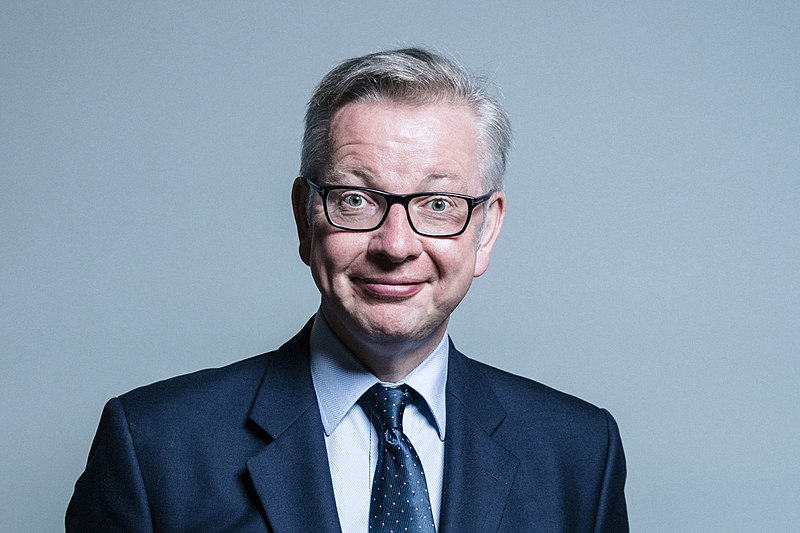
The Department for Levelling Up is handing back £1.9bn to the Treasury originally meant to tackle England’s housing crisis after struggling to find projects to spend it on.
This is according to a report in today’s Guardian which says that Michael Gove’s department has surrendered hundreds of millions of pounds budgeted for 2022-23, including £255m initially earmarked for new affordable housing.
Officials at the department said it was unable to spend the money, accounting for about a third of its total housing budget, owing to rising interest rates and uncertainty in the housing market post pandemic.
As reported recently in Mortgage Strategy, UK housebuilders have pointed to falling profits and a marked slowdown in activity.
Back in April Gove said “The current housing model – from supply to standards and the mortgage market – is broken.”
He added: “If one clear measure of success is having a home to call your own, we desperately need more homes to bring ownership within reach of many more people.”
Back then Gove insisted the government’s wide-ranging Levelling Up and Regeneration Bill, making its way through parliament, would be a key measure that would help boost supply.
He said progress in this area would strengthen local leadership and reforms to the planning system in a way that would put neighbourhoods firmly in control.
But the government has come under fire for abandoning a binding target for councils to build 300,000 new homes a year. It is understood that this is one reason some councils around the UK has scaled down new build housing plans.
There is no obligation for chancellor Jeremy Hunt to hand back any of the £1.9bn given to the Treasury in next year’s housing budget.
For those in the first time buyer bracket, this will be seen as a blow to their prospects of getting on the property ladder.
ONP Group director Mark Tosetti believes the decision to hand back £1.9bn originally designated to tackle the UK housing crisis leaves us questioning the government’s dedication to their much-vaunted ‘levelling up’ agenda.
“As the housing crisis worsens, this move will raise concerns that the urgent search for solutions has possibly been overshadowed by the desire to allocate funds for next year’s potential tax cuts.
He adds: “The government cannot evade responsibility for the crisis they have contributed to and Michael Gove was put in place to lead efforts to address this pressing issue. However, instead of intensifying its commitment, the government appears to be abandoning its promise to fix the UK’s broken housing market”.
Tosetti says while officials have argued the Help to Buy scheme underperformed due to market conditions, it is crucial to remember that measures to tackle the housing crisis must persist.
This, he argues, will be particularly important as signs of recovery emerge, offering hope to first-time buyers eager to step onto the property ladder.
“The housing crisis must not become a casualty of political manoeuvring and short-term gains. The government needs to reassess its priorities and reconfirm its dedication to finding sustainable solutions. If, as Mr Gove believes, the housing market is truly broken, they need to be doing as much as they can to fix it.”
Access Financial Services chief executive Karl Wilkinson comments: “You have to wonder how hard Mr. Gove looked before declaring he was ‘struggling to find projects’ to spend the department’s budget on. His commitment to the ‘levelling up’ agenda was clearly not what he led us to believe. Perhaps his interest dwindled after his seat came under threat?
He adds: “Mr. Gove himself recently referred to Britain’s housing system as “broken”, with a desperate need find ways to get as many people closer to the property ladder as possible. It is therefore crucial to continue with initiatives that present an opportunity to ease the housing crisis, especially to stimulate the market when the green shoots of recovery begin to appear.”



